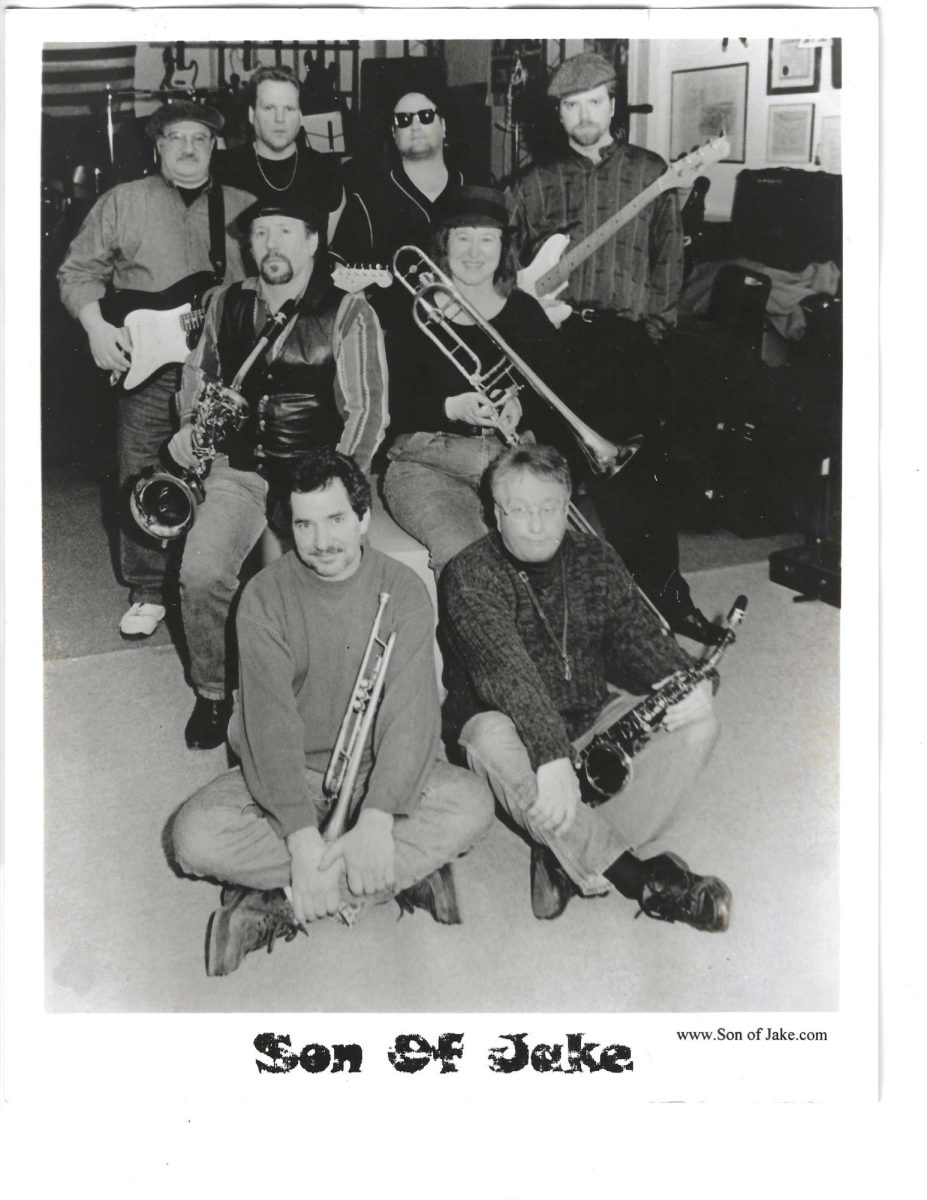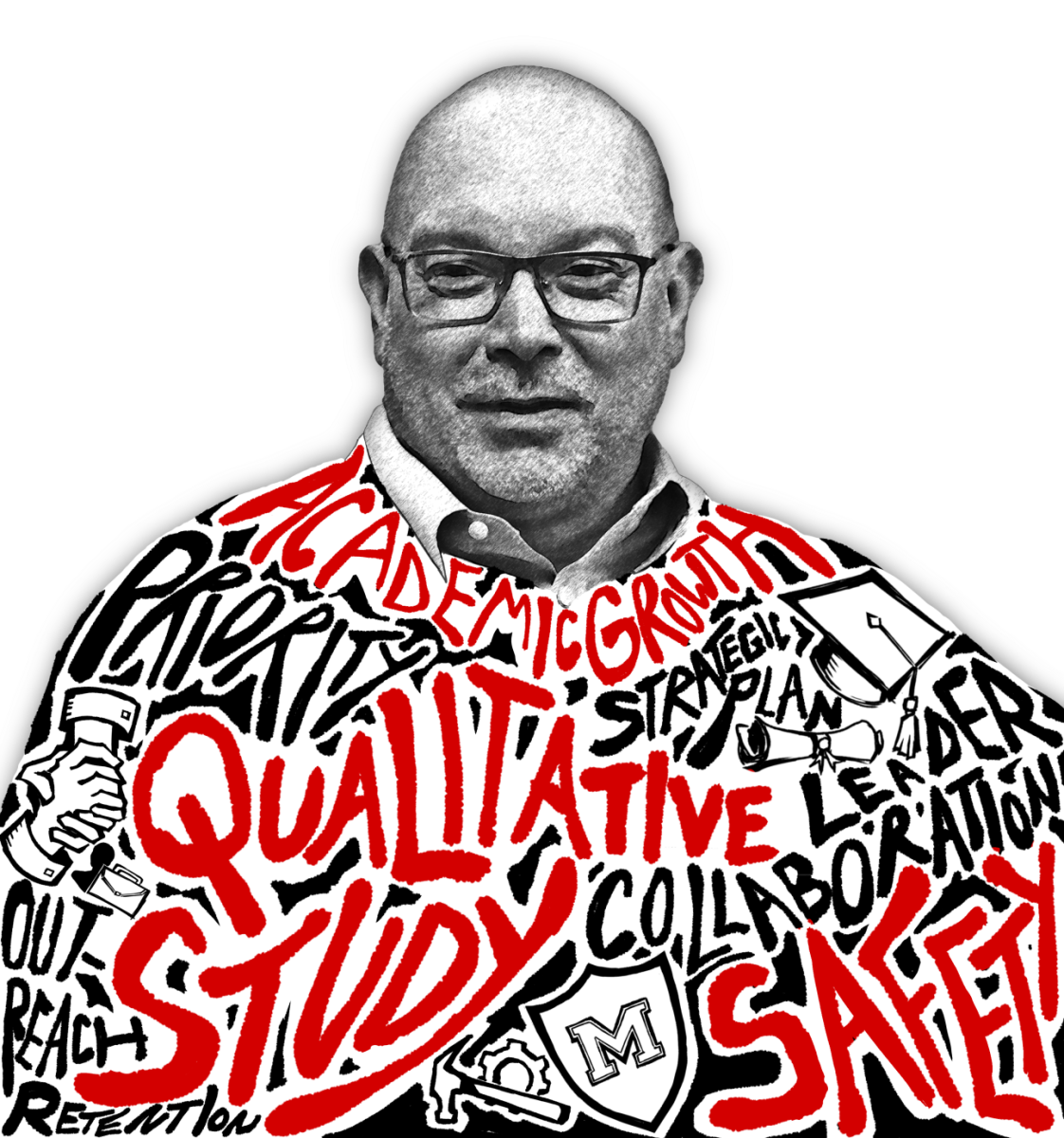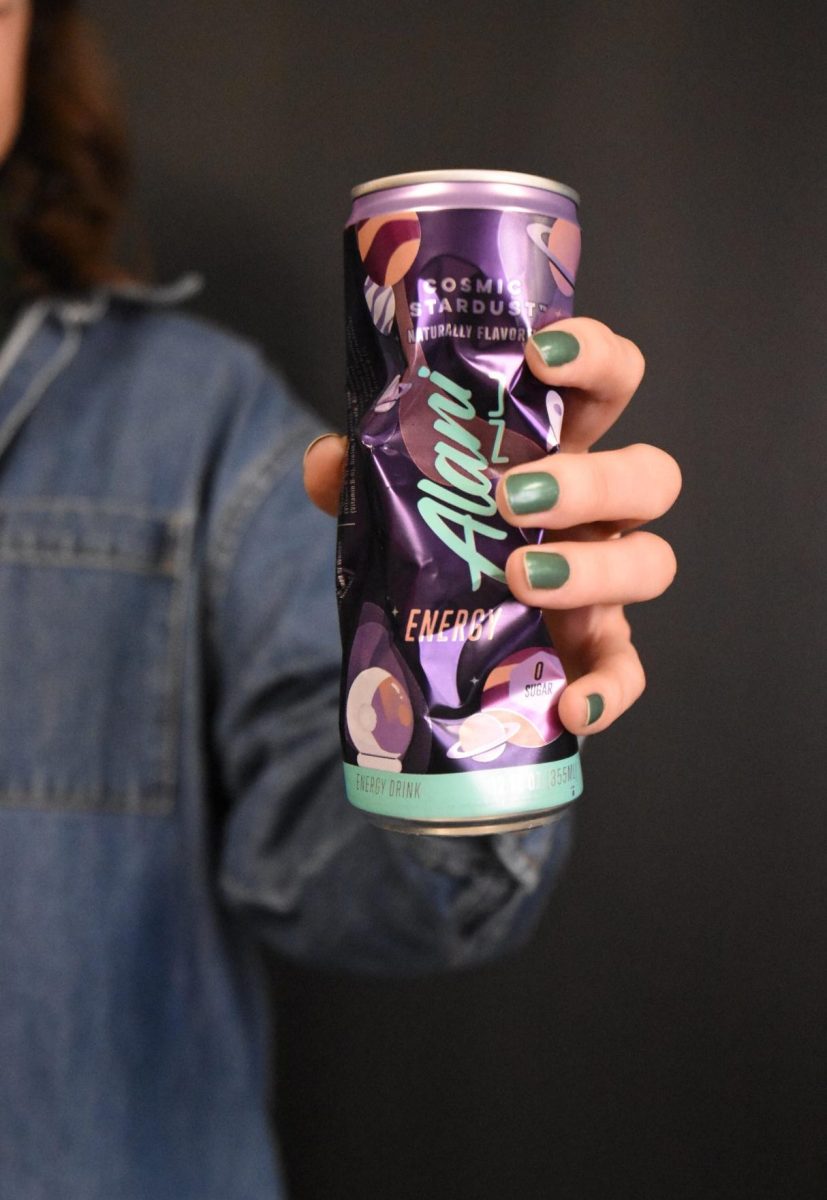Scrolling through TikTok seeing ads attached to almost every video possible, Leah MacLean, junior, couldn’t help but feel compelled to buy something after seeing numerous reviews of TikTok Shop products. When TikTok Shop was introduced back in September, it quickly took over any user’s “For You Page,” loading feeds with jaw-dropping coupons to dollar-cheap brands that easily persuade their viewers.
“I still have some products that I use to this day from TikTok shop. Lipsticks, lotions, perfumes,” Leah said. “It started just from watching people review on TikTok and I wanted to try them out. I usually go to thrift stores to find clothing, but makeup? That stuff works well.”
As these eye-popping sales, deals and low prices attract many students, the seams of anticipation unravel into the much more prevalent flaws of fast fashion products. Chloe Reynolds, senior, shares her own experience after purchasing clothing based on a TikTok review.
“I bought these tank-tops and this one black shirt together for $6 a while ago,” Chloe said. “When they came, the quality felt really cheap—almost plastic-y. It’s hard to know what’s reliable on these sites.”
Senior Billy Papageorge has had his own share of products, from jeans that’d shrink or graphic shirts that’d peel through one wash cycle. Billy highlights the widespread appeal behind these consumer choices: affordability.
“The quality is not always going to be there with the clothes that come out of there, but overall, yeah, I think it’s good that people have affordable clothes that they can get online anytime,” Billy said. “That’s really why it’s so popular now.”
Apart from suspicious sellers, science teacher Mr. Michael Bakker believes it promotes overconsumption, specifically low-quality items that end up as waste. He believes this phenomenon is fueled by the compulsive need to keep up with trends.
“There’s this pervasive selling technique that if you don’t have the newest thing, then you’re falling behind,” Mr. Bakker said. “You need to get the newest IPhone, you need to get the newest shoes or jeans.”
When it comes to online stores such as Shein and Temu, he believes the quality tends to match the price. Mr. Bakker’s proposed solution lies in investing in well-made, timeless pieces to avoid contributing to “fast fashion.”
“It’s as easy as promoting sustainable clothing,” Mr. Bakker said. “Don’t buy stuff that’s not gonna last. So, let’s say you bought a pair of jeans for $12. That $30 pair of jeans you’re avoiding? They’re gonna last you far, far longer than that other pair.”















